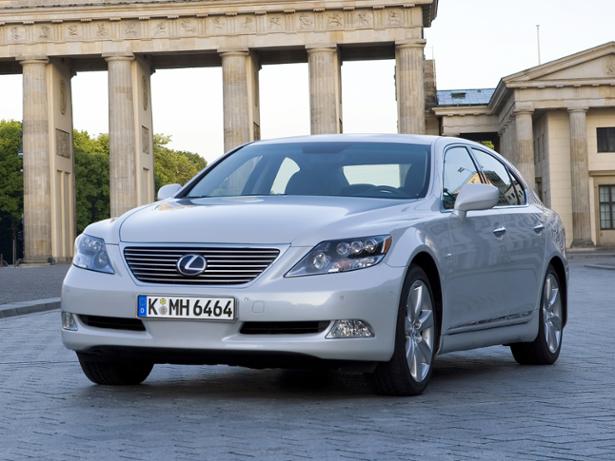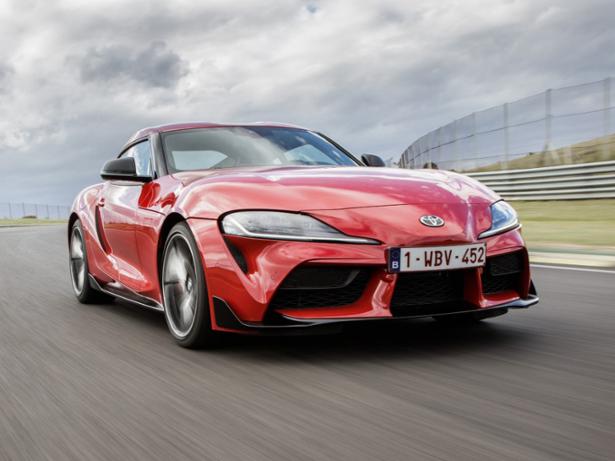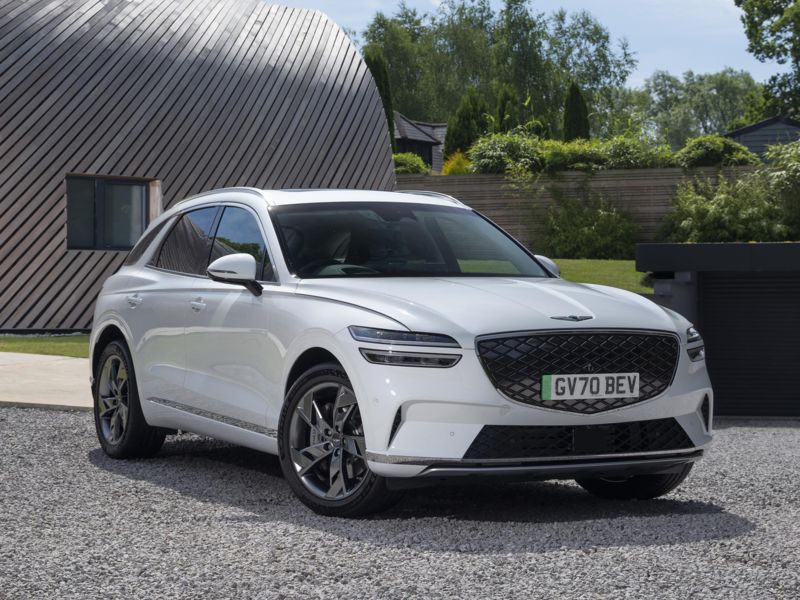What to do if you have a car accident

It’s not a nice thought, but car accidents happen and it’s important to know what to do if you’re caught up in one.
If you take the right steps immediately after a car accident, you can stop a bad situation from getting worse and help to make sure your car insurance claim is paid out without a hitch.
Compare cheap car insurance - read our guide to getting the best deal.
What to do after a car accident
- Stop the car - failing to do so is an offence
- Switch off the engine and turn on the hazard lights
- Check for any injuries to yourself or passengers. Call an ambulance if necessary
- Call the police - 999 or 101 depending on the situation
- Give your details to anyone else involved
- Collect details from any other drivers, passengers or witnesses
- Take photos if necessary
- Contact your insurer
At Which?, we take safety seriously. Any car that receives three stars or fewer in Euro NCAP tests is automatically a Which? Don't Buy car.
Stop
However minor you think a car accident is, you must stop. In fact, failing to do so is an offence under the Road Traffic Act.
You should make sure your car’s engine is switched off and then turn your hazard lights on to alert other road users to your presence.
Who to call after a car accident
Take a look around. If anyone has been injured in the car accident you should call the police on 999 (and an ambulance too if necessary) as soon as possible. If you don't need an emergency response, then you should call the police on 101 instead.
The police should also be called if the car accident is blocking the road or if you feel there was foul play involved – if you suspect you’re a victim of a ‘crash for cash’ scam, for example, where a driver deliberately causes an accident to make a fraudulent insurance claim.
A dash cam can help you avoid falling victim to crash for cash scams. However, be sure to pick the right one, or you may be left with low-quality footage that won't help prove what happened.
Visit our dash cam reviews to compare all tested models or find the top picks of the best dash cams chosen by experts.
Giving details after a car accident
When you're involved in a car accident you’re obliged to give your name and address to anyone else involved.
You should stop and give your details if you crash into something on or near the road even if there aren't any other people involved. If you hit a parked car, for example, you should leave your details on the windscreen.
Avoid saying sorry or accepting blame for the accident until you know precisely what happened as it could count against you later on.
Car accidents should also be reported to the police within 24 hours. Failure to do so could result in a fine, penalty points or even disqualification.
Collecting details after a car accident
If possible, you should collect names, addresses and contact details from any drivers, passengers and witnesses.
Ask the other drivers involved for their car insurance details and try to establish whether they are the registered keeper of their vehicle. If they aren’t, find out who is and make a note of their name and address.
Call 999 straightaway if someone leaves the scene of the car accident without giving their details.
Other information to collect from the accident
Here are some other important details you should try to collect at the scene of the car accident:
- The registration numbers of all vehicles involved, plus a note of each vehicle’s colour, make and model.
- The time and date of the crash.
- A sketch showing the positions of the vehicles involved.
- A description of the weather conditions, plus anything unusual you notice about the road quality or lighting.
- A list of damage to vehicles and a description of any injuries sustained by pedestrians, drivers and passengers.
You may find it useful to take photos of the car accident for use as evidence. Most modern mobile phones will take good enough shots to help you remember important details.
Best car phone holders: discover which models aced our tests

Car accident insurance claims
Once the dust has settled, you will need to inform your insurer of the accident and, if your car is sufficiently damaged, begin the process of making a claim.
If there are only one or two small marks on your car, save your no claims bonus and use one of our best car scratch removers instead.
Contact your insurer
Make sure you tell your insurer about the car accident as soon as you can. Failure to do so within the time period set out in your policy may invalidate your cover, leaving you with a big bill to pay.
How long you have to to file an insurance claim after a car accident varies. Make sure you check the wording of your car insurance policy carefully as these time periods can be anything from two days to two weeks after the accident.
You should always inform your car insurance company about an accident, even if you don't want to make a claim.
Information on other drivers
If the car accident involved another vehicle you will need to provide your insurance company with details of the other driver. Try to provide:
- their name
- their address and contact details
- their vehicle registration number
- their car insurance company details.
Details of the accident
You will also need to give your insurance company as much information about the accident as possible. Use sketches to help explain what happened and include any pictures you took at the scene of the accident.
Also provide the contact details of any witnesses who have agreed to support your claim.
What happens next?
If you want to continue with your claim, your insurance company will let you know what you need to do.
If other people were involved in the accident, your insurance company will contact their insurance companies and resolve the claims.
Only cars that are reliable, economical, comfortable, safe and good to drive can become a Which? Best Buy - see our top recommendations of the best cars on test, including the best hybrid cars and the best electric cars.
Compare car insurance
Find the right policy for your vehicle using the service provided by Confused.com
Get a quote now





















